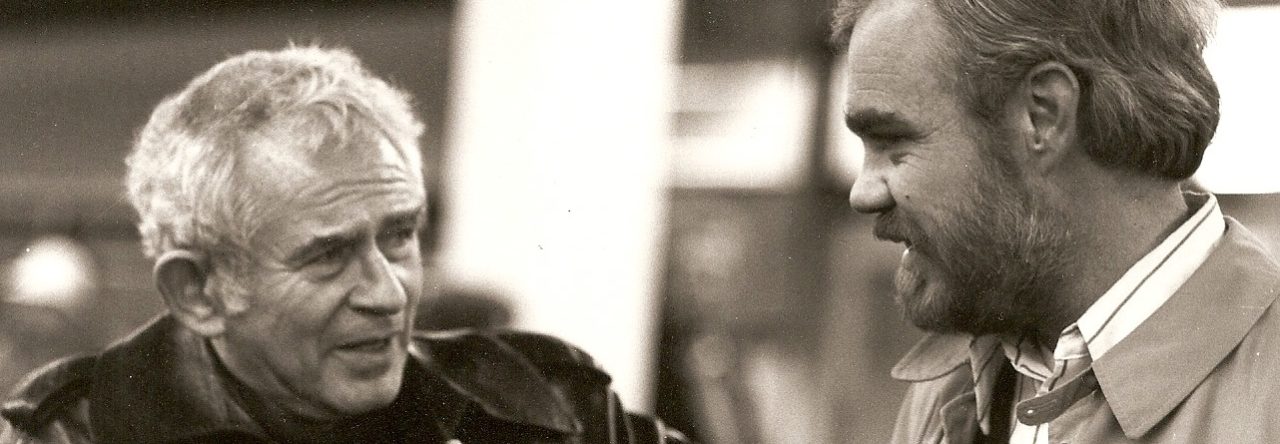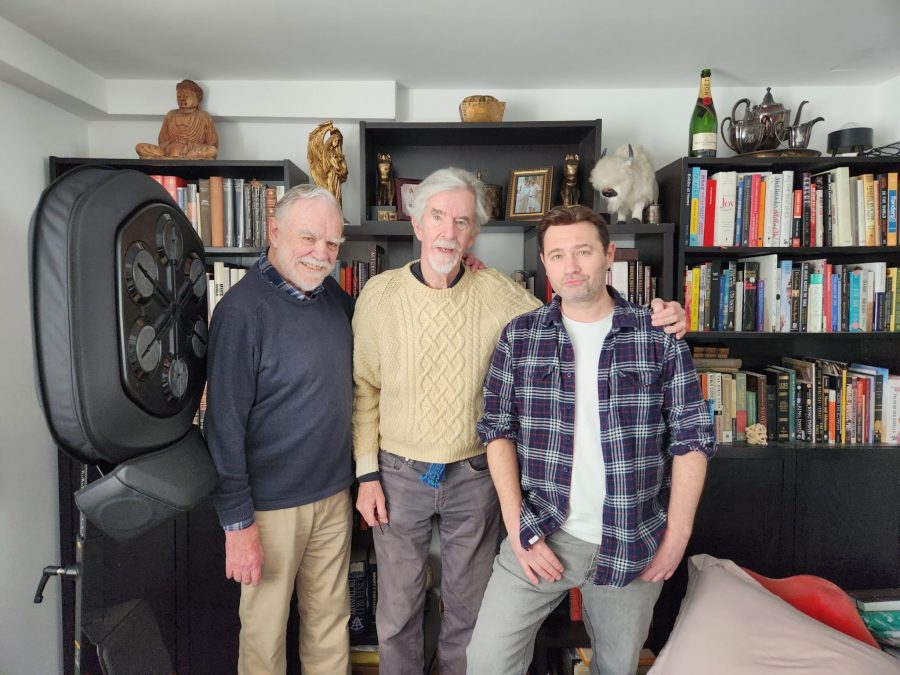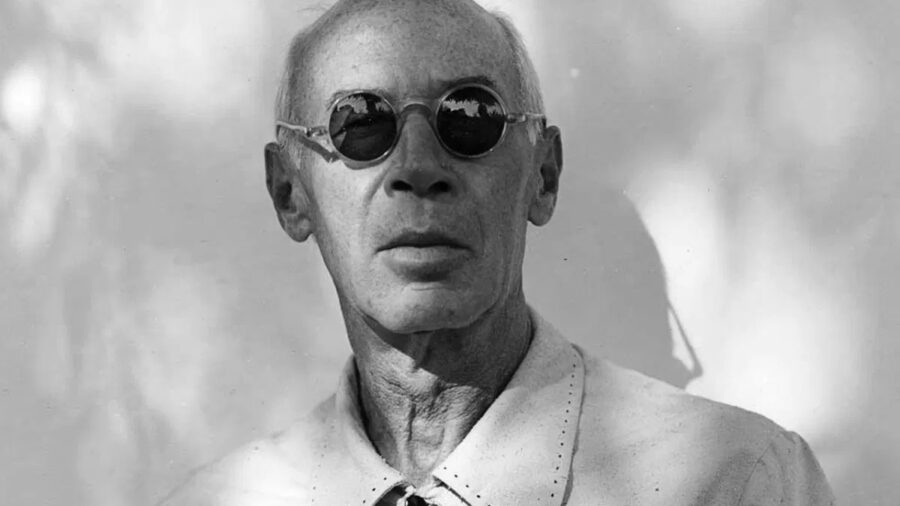Mike and John Buffalo Mailer are interviewed in the latest episode of the Open Source podcast “Norman Mailer Turns 100.”
We are summoning Norman Mailer in his hundredth-birthday season, what could be his revival time, to tell us what happened to his country and ours. Mailer lived and wrote it all: 40 books of eagle-eyed fact and fiction. First as a soldier in the Philippines, in the 1940s; then: epic poet of the Sixties in America; eventually as a celebrity and popular artist of Duke Ellington or Frank Sinatra proportions.
Listen to the full episode on their site.



